Cloud Computing
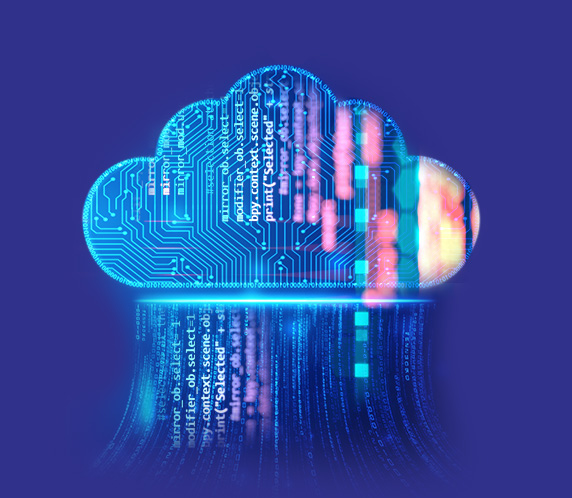
Cloud Computing
Use Atech cloud computing services-or any combination that meets your needs. Companies can avoid the up-front cost and complexity of owning and maintaining their own IT infrastructure to own the services of cloud service providers, instead of having their own computing infrastructure or data centers, and can rent anything from applications to storage.
IaaS Infrastructure as a service
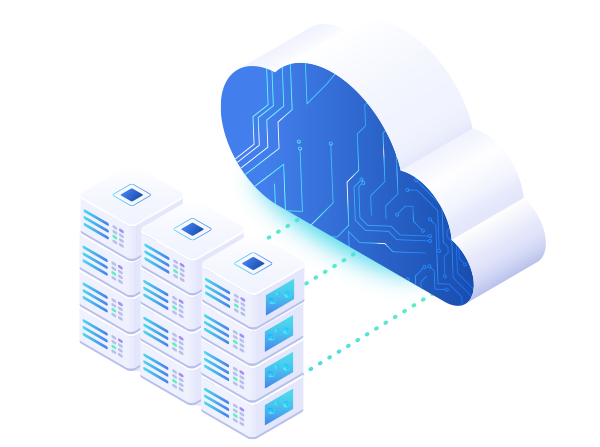
Benefits of Iaas :
- Respond quicker to shifting business conditions.
- Eliminates capital expense and reduces ongoing cost.
- Focus on your core business.
- Improves business continuity and disaster recovery.
- Increase stability, reliability, and supportability.
- Innovate rapidly.
- Better security.
- Gets new apps to users faster.
Our IT Partners
PaaS Platform as a service
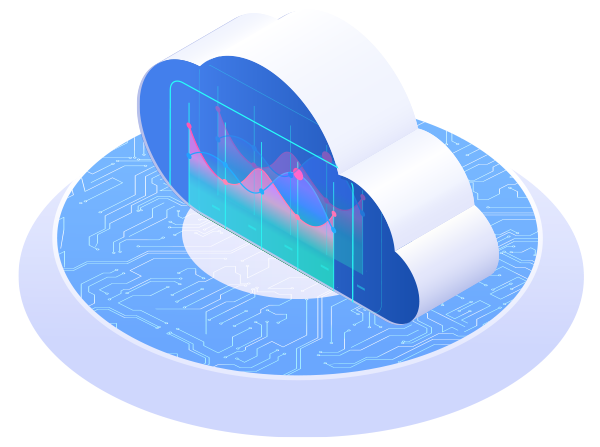
-Development framework
-Analytics or business intelligence
-Additional services
Benefits of Paas:
- Cut coding time.
- Add development capabilities without adding staff.
- Develop for multiple platforms—including mobile—more easily.
- Use sophisticated tools affordably.
- Support geographically distributed development teams.
- Efficiently manage the application lifecycle.

Our IT Partners
Serverless Computing
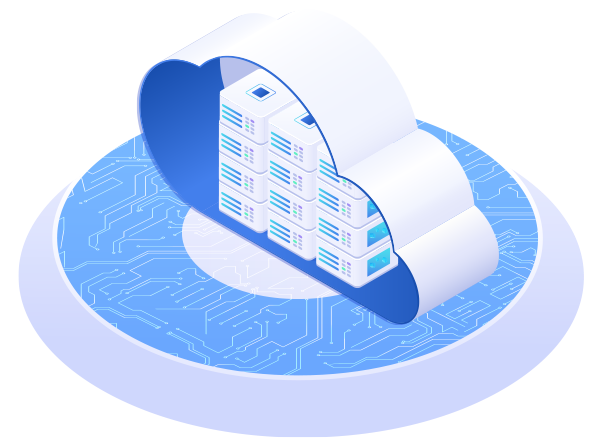
An introduction to serverless technologies
Benefits of serverless computing:
- No infrastructure management.
- Dynamic scalability.
- Faster time to market.
- More efficient use of resources.
Our IT Partners
SaaS Software as a service
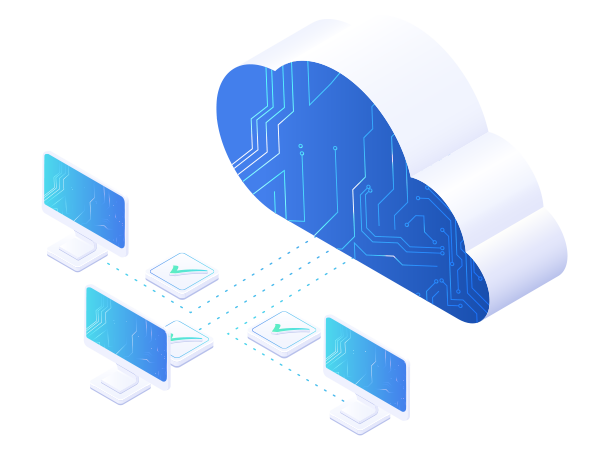
Software as a service (SaaS) allows users to connect through the Internet and use cloud-based applications. Common examples are email, calendar and office tools.
SaaS provides a complete set of software solutions. You can rent an application for your organization, and then users usually connect to the application through the Internet through a web browser. ATech will manage the hardware and software, and through appropriate service agreements to ensure that the application SaaS allows your organization to quickly get up and running applications with the lowest upfront cost.
Benefits on Saas:
- Gain access to sophisticated applications.
- Pay only for what you use.
- Mobilize your workforce easily.
- Access app data from anywhere.

Our IT Partners
Why Cloud Computing?
Cloud computing is the most innovative 21st-century technology. It is the fastest growing field in the use of mainstream technology. Cloud computing is not only applicable to organizations and enterprises, it also useful for citizens. More and more smartphones can access the Internet and mobile devices contributed to this adoption. It allows us to access our multimedia content over the Internet and stored it.
Cloud Computing is the trend of global business. Cloud computing workloads to the cloud are now continuing to build support for the hosting. Cloud computing infrastructure cloud services now account for more than one-third of all global IT spending. It also included global business-to-infrastructure, dependent on external sources of applications, management, and security services. Spending on public and private clouds will continue to increase, but spending on traditional internal IT will continue to decline.
Tomorrow’s winners will be those able to quickly respond to changes in these cloud computing. Collaboration with ATech now and make the right choice. Enhance your ability to become a winner.
Benefits of Cloud Computing
Eliminate unnecessary costs
High speed
Provide on-demand services
High reliability
Great flexibility
Reduce pressure on capacity planning
High productivity
Safe
What is Cloud Computing?
Cloud computing is renting the Internet (‘cloud’) to deliver computing services on demand. These services include storage, network, server, database, intelligence, and analysis.
Cloud Computing is pay-rental pricing. You only pay for cloud services use, without having to purchase, own and maintain the physical data center and server to help you reduce operating costs. Cloud computing is not suitable for some choice in the databases, software, and equipment carried on a large number of investment companies, in order to achieve faster innovation, flexible resources, and economies of scale.
Cloud Computing FAQ
There are three different ways to deploy cloud services: the public cloud, private cloud, or hybrid cloud. They have different models and types of services to meet your needs and provide the right solutions. Not all clouds are the same, nor is it suitable for all cloud computing.
In a public cloud, the entire computing infrastructure is located, owned, and operated in the seat of a cloud provider. The cloud provider through the Internet these services are delivered to customers. In which users can access a large amount of computing power through the Internet (either IaaS, PaaS, or SaaS). One of the significant benefits here is the ability to quickly scale services. Cloud computing providers have a lot of computing power, they are shared between many customers - multi-tenant architecture. Their huge size means they have enough spare capacity so that more resources are needed in any case easy to deal with a specific customer.
Private cloud refers only to use by a single company or organization's cloud computing resources, maintenance services, and infrastructure in the private network cloud. It can host an organization's position or cloud provider's data center, but also provide the highest levels of security and control. Organizations can use a private cloud without worrying about giving up control of the data and services because it is hidden behind the corporate firewall. Companies can precisely control where data is stored. It also can be the way you want to build infrastructure so that developers can access on-demand scalable computing power pool without imposing a security risk.
A hybrid cloud is a combination of public and private cloud that bound together by allowing applications and data sharing between them art. Typically, the client will be critical business applications hosted on their own servers to improve security and control, while its secondary applications will be stored in the cloud provider's location. By allowing data and applications to move between private and public clouds, hybrid clouds offer your business greater flexibility, more deployment options. It can help optimize your existing infrastructure, security, and compliance.
Citizen and any type of organization. Today, more and more smartphones can access the Internet, and such use of mobile devices also contributed. It allows us to access and store our multimedia content over the Internet. Tissue can be used for a variety of cloud use cases, such as data backup, disaster recovery, email, virtual desktop, software development, and testing, big data analytics, and customer-facing Web applications. For example, using the cloud to develop more individualized methods of treating a patient in order to support real-time fraud detection, prevention, and provide online games for millions of players around the world.